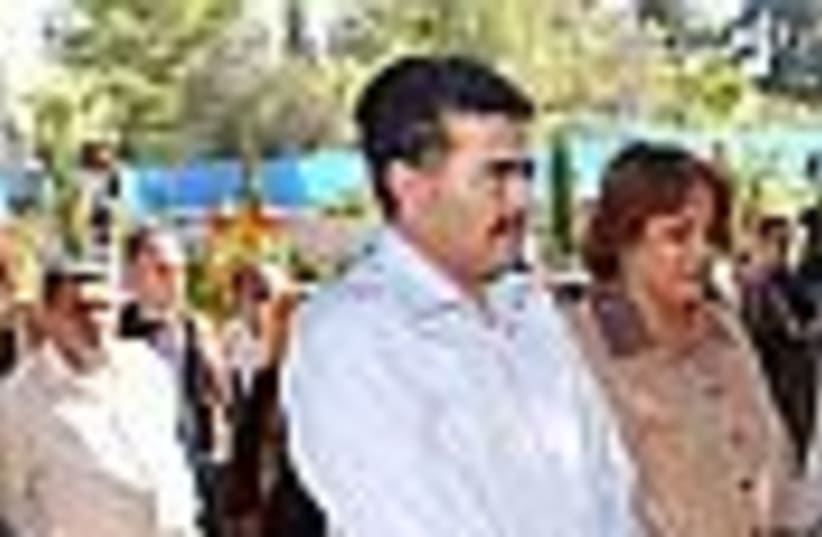| More about: | Sderot, Silvan Shalom, Amir Peretz, Israel |
Sderot voters see themselves in Peretz
"There is something of the Sephardi spice there - something that makes me want to listen to him."


| More about: | Sderot, Silvan Shalom, Amir Peretz, Israel |